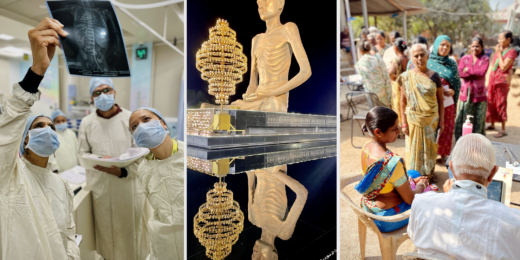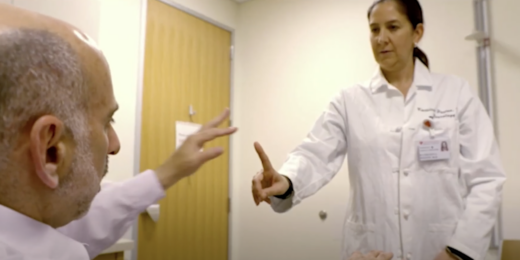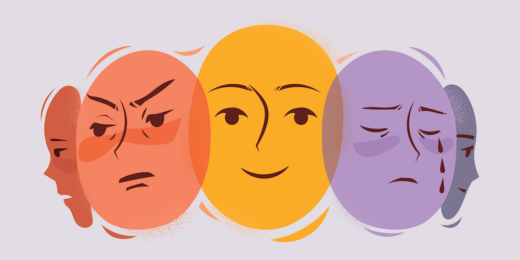The goal of a decade-old program started by Stanford Medicine's Nilima Ragavan is to foster the sharing of lessons and evidence-based best practices between clinicians in the U.S. and India.
Latest
Ask Me Anything: Everything to know about allergy season — and more
An Ask Me Anything Q&A with Stanford Medicine's Sharon Chinthrahjah, and expert on all things allergy-related.
Inequity of genetic screening: DNA tests fail non-white families more often
Research is showing that advanced methods of genetic testing aren’t equally useful for everyone: They’re less accurate for non-white families, raising concerns about how historical gaps in whose DNA gets studied produce inequities in medical care.
Could anesthesia-induced dreams wipe away trauma?
Cases of patients who recovered from trauma after dreaming under surgical anesthesia spur Stanford Medicine researchers to investigate dreaming as therapy.
Imagining virtual reality as a simple tool to treat depression
Some of the 17 million Americans afflicted with major depressive disorder each year may soon receive a surprising new prescription from their clinician: Have fun on a virtual reality device.
Why detecting the earliest biological signs of Parkinson’s disease is so crucial
A new test can detect the biological signature of Parkinson’s disease before symptoms arise. A Stanford Medicine neurologist explains why early diagnosis opens the door to better therapies.
Serious talk about moods with bipolar disorder expert Po Wang
Often misunderstood and undertreated, bipolar disorder has received close attention from Stanford Medicine clinicians and researchers for more than 30 years.
Are long COVID sufferers falling through the cracks?
Researchers who study long COVID say its debilitating symptoms are often misdiagnosed by clinicians and dismissed by employers or loved ones because so little is known about the new syndrome.
Large language models in the clinic: AI enters the physician-patient mix
Stanford Medicine doctors and researchers are modifying existing chatbots to perform well in a frontier of AI-enhanced medicine: the doctor-patient interaction.
Match Day 101: How does the medical residency match work?
Graduating medical students go through an unusual springtime ritual known as Match Day to find out where they’ll continue their training. Here’s everything you wanted to know about the big day.
One step back: Why the new Alzheimer’s plaque-attack drugs don’t work
A few closely related drugs, all squarely aimed at treating Alzheimer’s disease, have served up what can be charitably described as a lackadaisical performance. Stanford Medicine neurologist Mike Greicius explains why these drugs, so promising in theory, don’t appear to be helping patients much if at all.
What really happens to our memory as we age?
A Q&A with a Stanford neuroscientist on dementia, healthy aging and memory loss — and how we can protect our brains in later life.
How personal experience forged this student’s passion for combating gender-based violence
Over the past decade, Stanford Medicine student Lillie Reed has dedicated her life and academic career to preventing violence and helping victims heal from the resulting trauma.
PA student, a cancer survivor, rolls with the punches
She was a first-year PA student at Stanford Medicine when an MRI scan revealed that Melanie Shojinaga had a brain tumor.
Researchers dial in on genetic culprit of disease
Genome-wide association studies can lay the groundwork to more precisely assess a person’s risk for disease, detect diseases earlier, reveal a molecular understanding of how certain illnesses arise, and point to new therapeutic targets.
Seeking more equitable outcomes for his tribal heritage
For Christopher Lopez, currently a third-year medical student, the Stanford Medicine campus is more than just where he’s pursuing his MD-PhD degree -- it sits on the ancestral land of the Ohlone people.

















